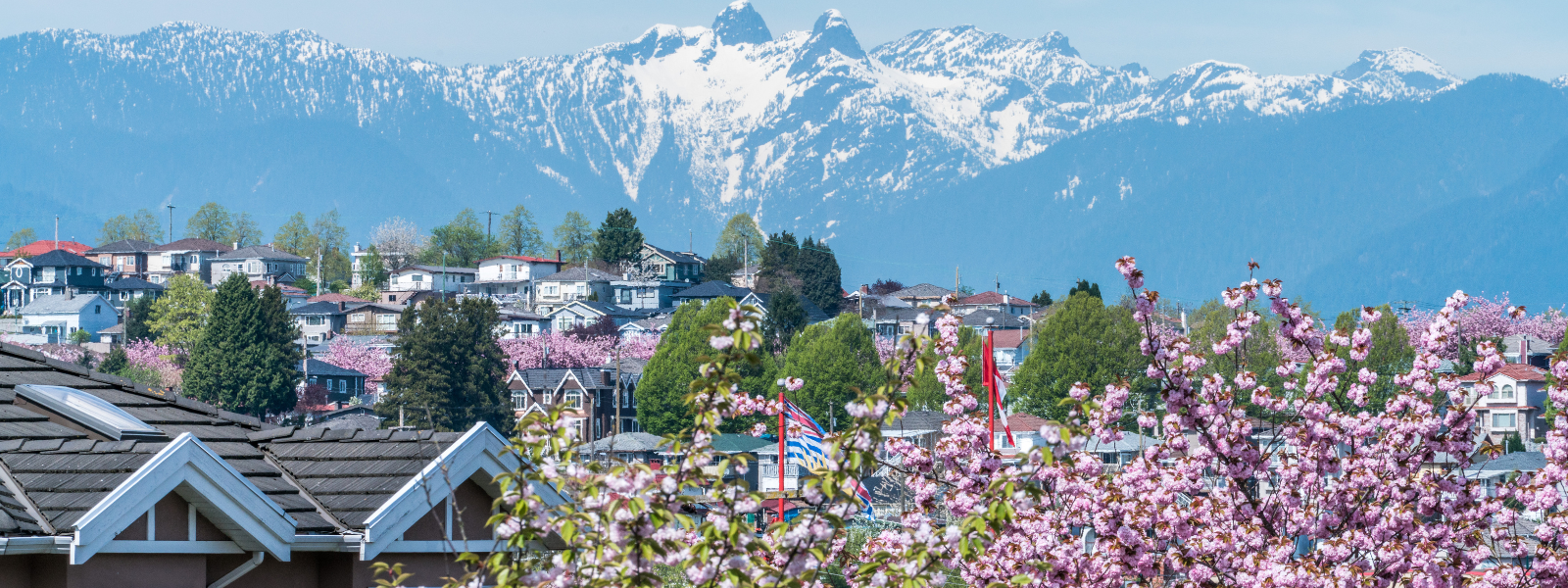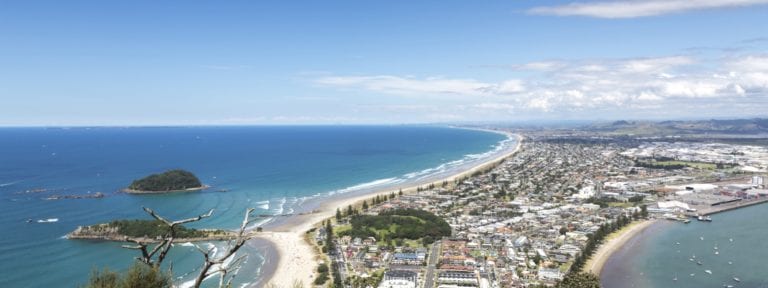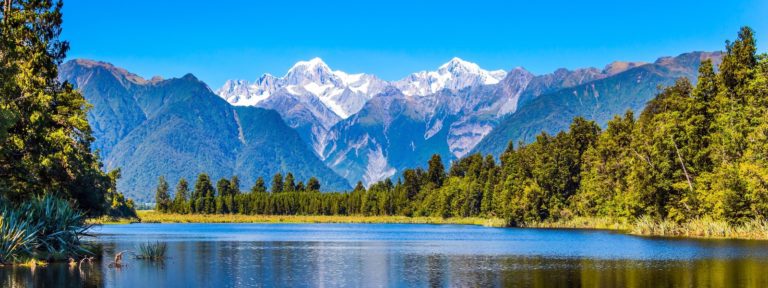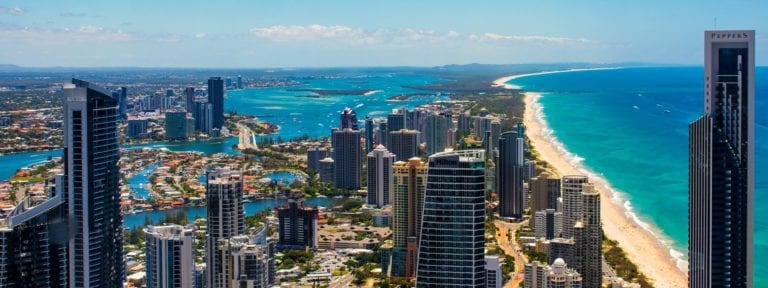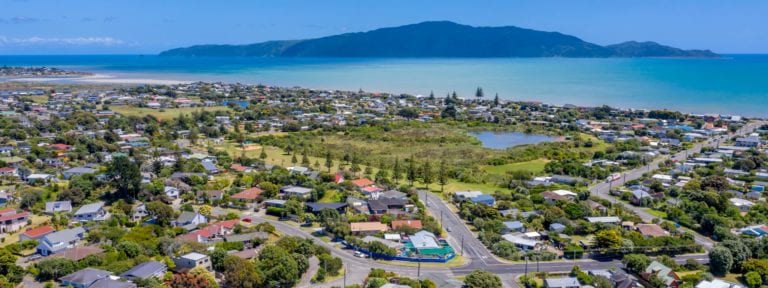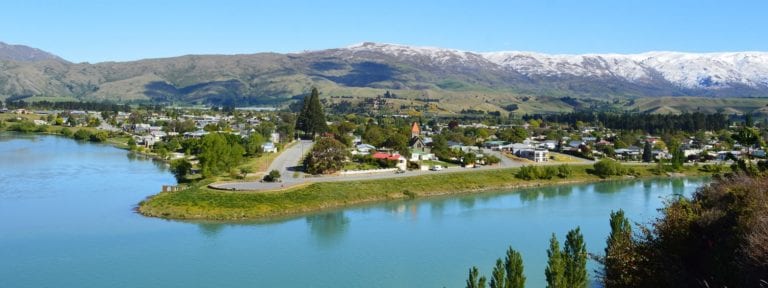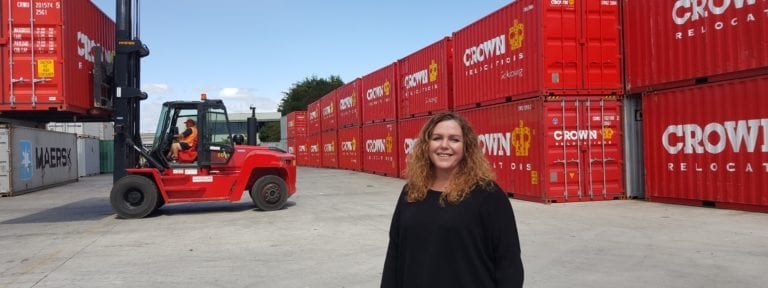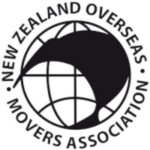Moving to Canada is an exciting prospect, offering new opportunities, stunning landscapes, and a high quality of life. However, before making the leap, it’s crucial to understand key factors such as housing, job prospects, taxation, and education to ensure a smooth transition.
Here’s everything you need to know about relocating from New Zealand to Canada.
Canada at a Glance
Canada is the second-largest country in the world, covering nearly 10 million square kilometres. With a population of approximately 40 million, it is known for its diverse culture, strong economy, and high quality of life.
The country consistently ranks among the best places to live globally, with cities like Toronto, Vancouver, and Calgary frequently appearing in liveability rankings.
Key Facts About Canada:
- Official Languages: English and French
- Currency: Canadian Dollar (CAD)
- Average Salary: CAD 65,000 per year (NZD 76,000)
- Climate: Varies from temperate (Vancouver) to extreme cold winters (Toronto, Montreal, Calgary)
- Healthcare: Universal healthcare system, free for residents
- Safety: Ranked as one of the safest countries in the world
Why New Zealanders Move to Canada
Many New Zealanders choose Canada for its strong job market, world-class education, universal healthcare, and adventure opportunities.
Canada’s larger economy and higher wages, especially in industries like technology, healthcare, and engineering, attract skilled workers. The International Experience Canada (IEC) visa also makes it easier for young Kiwis to work and travel in Canada.
Cost of Living
The cost of living in Canada varies significantly by city. Some comparisons to New Zealand:
- Groceries: Similar prices, but fresh produce and dairy can be more expensive in Canada.
- Transport: Public transport is efficient in major cities, but car ownership is common outside urban areas.
- Utilities: Higher electricity costs due to cold winters and heating requirements.
- Healthcare: Free for permanent residents and work permit holders.
Job Market
Canada has a strong job market, with demand for workers in many sectors. As of 2024, the most in-demand jobs include:
- Technology (IT & Software Development) – Toronto, Vancouver, Montreal
- Healthcare (Doctors, Nurses, Aged Care) – Nationwide
- Engineering & Construction – Alberta, British Columbia
- Finance & Banking – Toronto
- Hospitality & Tourism – Vancouver, Quebec
New Zealanders may need to have their qualifications assessed or obtain local certifications for regulated professions. Job seekers can use Job Bank Canada to explore available positions.
Housing Market
The Canadian housing market varies by city. As of 2024, average home prices are:
- Toronto: CAD 1,080,000 (NZD 1,265,000)
- Vancouver: CAD 1,200,000 (NZD 1,405,000)
- Calgary: CAD 570,000 (NZD 667,000)
- Montreal: CAD 550,000 (NZD 643,000)
Rental costs per month:
- Toronto: CAD 2,500 (NZD 2,930) for a one-bedroom apartment
- Vancouver: CAD 2,700 (NZD 3,160)
- Montreal: CAD 1,800 (NZD 2,110)
- Calgary: CAD 1,700 (NZD 1,990)
Housing prices in major cities are high, but more affordable options exist in smaller cities like Halifax, Winnipeg, and Edmonton.
Visas for New Zealanders
New Zealanders must apply for an appropriate visa before moving to Canada. Options include:
- Express Entry Visa (for skilled workers)
- Provincial Nominee Program (PNP) (for those nominated by a Canadian province)
- International Experience Canada (IEC) Visa (for those aged 18-35 looking for temporary work opportunities)
- Study Permits (for students planning to study in Canada)
Visit the official Government of Canada immigration website for the latest requirements.
Taxation
Canada has a progressive income tax system, with federal tax rates ranging from 15% to 33%. Additional provincial taxes vary:
- Ontario: 5.05%–13.16%
- British Columbia: 5.06%–20.5%
- Alberta: Flat rate of 10%
Other taxes include:
- Goods & Services Tax (GST): 5% federally, plus provincial sales taxes.
- Property Taxes: Typically, 0.5%–2% of a property’s value annually.
New Zealanders moving to Canada should seek tax advice to understand obligations, especially if they retain financial ties to NZ.
Education
Canada offers a high standard of education, with tuition costs depending on residency status:
- Public schooling: Free for residents, including children of work permit holders.
- University tuition fees: International students pay CAD 20,000–50,000 (NZD 23,500–58,800) per year, whereas permanent residents pay lower rates.
- Top Universities: University of Toronto, University of British Columbia, McGill University.
For more details, visit universities Canada.
Family Friendliness
Canada is one of the most family-friendly countries in the world, with safe communities, excellent healthcare, strong public schooling, and numerous recreational activities. Cities like Ottawa, Calgary, and Vancouver rank highly for family life.
NZ Expat Community
New Zealanders in Canada form a small but close-knit expat community. Cities like Toronto, Vancouver, and Calgary have active Kiwi social groups and networking events. Joining expat forums and social media groups can be helpful for settling in and building a support system.
Settling in Made Easy
Relocating from New Zealand to Canada presents exciting opportunities but requires careful planning. Understanding visas, job prospects, housing, taxation, and cultural differences will help make the transition smoother. Be sure to research your specific destination, budget accordingly, and prepare for the climate change.
If you’re planning on moving overseas from New Zealand, it’s best to partner with an experienced relocation service. For expert assistance with logistics, customs, and settling in, you can get a quote from Crown Relocations to make your move seamless and stress-free.

